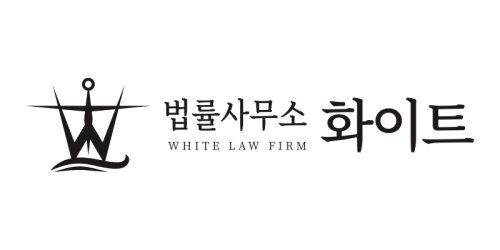Best Workers Compensation Lawyers in South Korea
Share your needs with us, get contacted by law firms.
Free. Takes 2 min.
Or refine your search by selecting a city:
List of the best lawyers in South Korea
About Workers Compensation Law in South Korea
Workers Compensation in South Korea is a system designed to provide financial and medical benefits to employees who suffer work-related injuries or illnesses. The goal of this system is to ensure that employees are taken care of in the event of a workplace accident and that they are able to recover and return to work as soon as possible.
Why You May Need a Lawyer
There are several situations where you may need a lawyer to assist you with Workers Compensation in South Korea. Some common reasons include:
- Denial of benefits
- Disputes over the extent of your injuries
- Employer retaliation for filing a claim
- Complex legal procedures
Local Laws Overview
In South Korea, the Industrial Accident Compensation Insurance Act governs the Workers Compensation system. Key aspects of this law include:
- Mandatory insurance coverage for all employers
- Benefits for medical expenses, disability, and death
- Time limits for filing claims
- Procedures for resolving disputes
Frequently Asked Questions
1. How do I know if my injury is covered by Workers Compensation?
Injuries that occur in the course of employment or are caused by work-related activities are generally covered by Workers Compensation.
2. Can I choose my own doctor for treatment?
Under Workers Compensation in South Korea, you must see a doctor approved by your employer or the insurance company for your initial treatment.
3. What benefits am I entitled to receive?
Benefits may include compensation for medical expenses, temporary disability payments, permanent disability benefits, and death benefits for dependents.
4. How long do I have to file a Workers Compensation claim?
In South Korea, you must report a workplace injury within three months and file a claim within three years of the injury occurring.
5. What if my claim is denied?
If your claim is denied, you have the right to appeal the decision. Consulting with a lawyer can help you navigate the appeals process.
6. Can my employer retaliate against me for filing a Workers Compensation claim?
No, it is illegal for your employer to retaliate against you for filing a Workers Compensation claim in South Korea.
7. Are mental health conditions covered by Workers Compensation?
Yes, mental health conditions that are caused or aggravated by work-related stress may be covered under the Workers Compensation system.
8. Is Workers Compensation my only option for seeking compensation for a workplace injury?
While Workers Compensation is the primary avenue for seeking benefits for work-related injuries, you may also have the option to pursue a civil lawsuit against a third party if they are responsible for your injury.
9. Can I receive Workers Compensation benefits if my injury was caused by my own negligence?
Workers Compensation in South Korea is a no-fault system, meaning that you are generally entitled to benefits regardless of who was at fault for the injury.
10. How can a lawyer help me with my Workers Compensation claim?
A lawyer can help you navigate the complex legal procedures involved in filing a Workers Compensation claim, gather evidence to support your case, negotiate with insurance companies on your behalf, and represent you in appeals hearings if necessary.
Additional Resources
For more information on Workers Compensation in South Korea, you can visit the Ministry of Employment and Labor website or contact the Korea Workers Compensation and Welfare Service.
Next Steps
If you are in need of legal assistance with a Workers Compensation claim in South Korea, it is advisable to consult with a knowledgeable and experienced lawyer who specializes in this area of law. They can help you understand your rights, navigate the claims process, and advocate for your best interests to ensure you receive the benefits you are entitled to.
Lawzana helps you find the best lawyers and law firms in South Korea through a curated and pre-screened list of qualified legal professionals. Our platform offers rankings and detailed profiles of attorneys and law firms, allowing you to compare based on practice areas, including Workers Compensation, experience, and client feedback.
Each profile includes a description of the firm's areas of practice, client reviews, team members and partners, year of establishment, spoken languages, office locations, contact information, social media presence, and any published articles or resources. Most firms on our platform speak English and are experienced in both local and international legal matters.
Get a quote from top-rated law firms in South Korea — quickly, securely, and without unnecessary hassle.
Disclaimer:
The information provided on this page is for general informational purposes only and does not constitute legal advice. While we strive to ensure the accuracy and relevance of the content, legal information may change over time, and interpretations of the law can vary. You should always consult with a qualified legal professional for advice specific to your situation.
We disclaim all liability for actions taken or not taken based on the content of this page. If you believe any information is incorrect or outdated, please contact us, and we will review and update it where appropriate.
Browse workers compensation law firms by city in South Korea
Refine your search by selecting a city.










